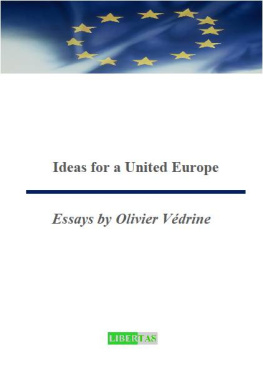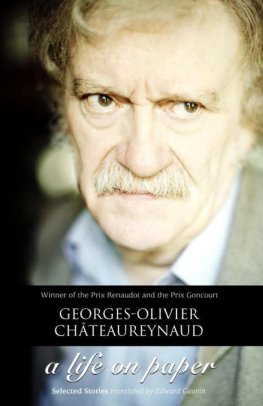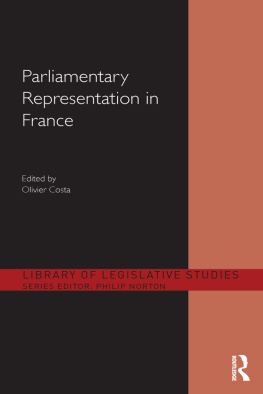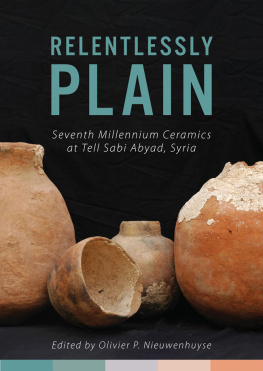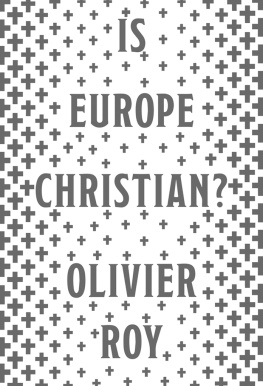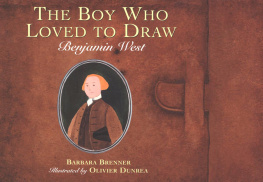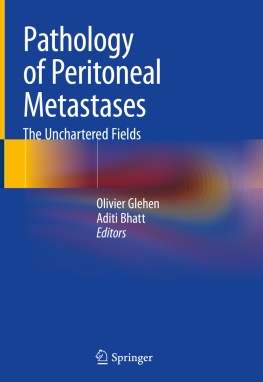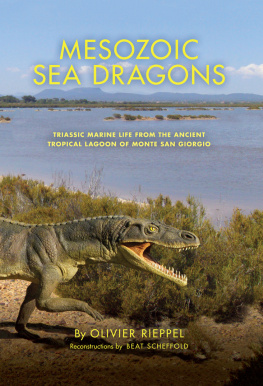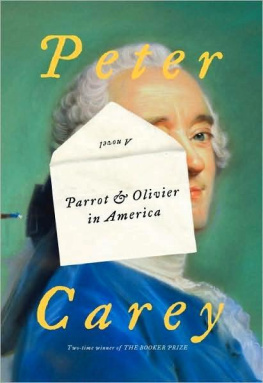Ideas for a United Europe - Essays by Olivier Vdrine
 A mon village Chteauneuf en Auvergne
A mon village Chteauneuf en AuvergneBibliografische Information der Deutschen Bibliothek
Die Deutsche Bibliothek verzeichnet diese Publikation in der Deutschen Nationalbibliografie; detaillierte bibliografische Daten sind im Internet ber http://dnb.ddb.de abruf bar
The author says very special thanks to Pascal Malik, who helped with the translations from French into English. In addition, he is obliged to Flore Chevalier who read (and re-read) most of the chapters of this booklet.
Rangendingen, March 2010
by LIBERTAS and Olivier Vdrine
Cover picture: LIBERTAS - Europisches Institut GmbH (LIBERTAS Verlag),
Lindenweg 37, 72414 Rangendingen (Hechingen), Germany
Telephone +49 7471 984996-0, telefax +49 7471 984996-19
eMail : verlag@libertas-institut.co m
Internet: www.libertas-institut.com
ISBN 978-3-937642-19-2 (print version)
ISBN 978-3-946119-17-3 (epub version)
ISBN 978-3-946119-18-0 (kindle version)
Table of Contents
Introduction
Team Europe is a group of independent and knowledgeable experts, who ar e used always when there is a request of a speech, a conference, a workshop for the European Commission in the EU Member States. Of course the Commission does not dispose of that many people who can go out and hold conference s this is why Team Europe has been invented. Olivier Vdrine is part of this Team Europe in France, a s I am of Team Europe Germany. This is how we got into contact, and it is a special pleasure for me to write this short introduction.
The idea of the European integration needs not only capable administrators but also ideas and visionaries as well as communication . Olivier Vdrine is such a visionary, who knows that the grand design of integration must never be out of a drive like a bicycle rider , i f he does not move, the bike will fall down and he is a communicator as well .
Any visions need broad discussions. They should be enlarged, shortened, made precise, changed or whatever but it is clear that if we would not have visionaries for great objectives, these objectives would never reach the agenda.
I can agree with most of Olivier Vdrines visions - and with some not in full extent , of course : We would be poor if visions would not induce complementary visions but the main issue is that if the world would be left to people who only muddle through, who only administrate what is there, we would be intellectually impoverished. Europe, and not only Europe, need s people, who dis play what cannot be seen at present, who follow a creative approach. The European Single Market, the biggest EU kick-off process for many others to come in the 1980s, would never have come into power, if the question would not have been asked: What do I see not , and what are the consequences of this? This was asked when investigating the costs of Non -Europe, instead of always drumming on the costs which were caused by Europe.
May people like Olivier Vdrine shake up the minds of people, of students from several countries , of his other audiences, by his articles, by his Blog.
Hans-Jrgen Zahorka
Peace in Diversity
The creation of the European Union was initiated by France and Germany as a result of the two World Wars. Essential to its growth was the addition of other ancient nations who had themselves been in conflict, mostly with each other, in the past. The primary objective was to achieve mutual cultural respect as well as to integrate their differences so as to avoid further crises and numb painful memories in order to achieve reconciliation. One must never forget this element which is essential to understanding the European Unions message of hope: unite to live together in peace.
The European continent and its peoples were influenced, in antiquity, by two great cultures and civilizations: the Greek civilization to begin with and later on the Roman civilization. The Roman Empire has remained in our history as an example of power and unity, of prestige and splendor.
From its early creation, the European Union integrated different cultures: Latin, Germanic, and Anglo-Saxon. By opening to the East we have integrated the Slavic cultures.
Now, the question of Turkeys membership has arisen and, with this, the possibility of the European Union becoming a truly universal model. By integrating this large Muslim country, we would send a potent message of tolerance to the rest of the world. By doing so, we would effectively put an end to the dangerous theory of the clash of civilizations .
The established coexistence of our 27 member states is already an exceptional feat, never before achieved on our continent except under the rule of an authoritarian empire. Now, it is the nations and their peoples who choose to unite to build a common ground upon which we may live in peace, prosperity, and where we may pursue our happiness.
Now, we must ask ourselves, especially in this time of severe global crisis, about the direction of this political action to better understand this process and to continue it. This union of nations, peoples, and different cultures is currently of great geopolitical importance as there is much talk of multiculturalism worldwide. At the time when Western Europe encountered Eastern Europe and now as the question of going towards the Orient is ever more present.
At a time when big decisions that will involve all of humanity must be taken, on a global scale, Europe has an important message to propose, void of messianic imperialism and conquest, a message of respect and tolerance toward other civilizations.
During my lectures, I always tell my students that Europe is not only the European Union and I defend the idea that it is the Council of Europe and its 47 states that represent our grand and beautiful Europe: from the Atlantic Ocean to the Ural Mountain range! Europe is as large geographically as the beauty of its humanistic ideals. Is it not in the interest of the European Union to favo u r a democratic area with common law s , organized around the European Convention for Human Rights? Is it not its goal to promote the cultural identity of Europe and its diversity?
We cannot hope for a better institution to begin work on a veritable democratic European area and on the construction of a grand European Union!
The clash of civilizations can be avoided as it is a concept, which is way too partial and biased, based on history. The political direction of the European Union must be thought out and organized as a model of universality to which one adheres liberally without exterior constraints.
Let us avoid idealism and technocratic diversions; we must begin by integrating the citizens in projects, not necessarily ostentatious, but foremost aiming to unify collective energies and to share competencies and know-how.
In political action, the question why? must regularly be repeated as it provides direction; with no political direction any construction, whichever it may be, is condemned to failure. The direction unites energies and channels the actions of the citizens and the states towards a well defined objective.
The message of living together established by the founding fathers of Europe must always be put forward to underline and remember the foundations of the European construction and to better understand the role it plays in the integration of different cultures.
These differences, essentially our differences are an extraordinary wealth and a great challenge for the future. Humanity is one and must imperatively see itself as just that; this is the big project for our still young century.
 A mon village Chteauneuf en Auvergne
A mon village Chteauneuf en Auvergne
